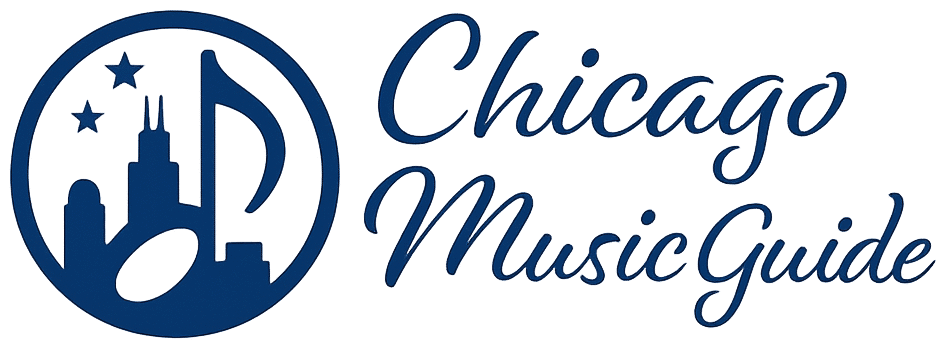Meghan Markle Interview: Clip Sparks Internet Frenzy Over Bedtime Story “Slip Up”

LOS ANGELES — A previously aired interview featuring Meghan Markle on The Drew Barrymore Show has once again taken over the internet — this time, due to what many are calling a “slip up” moment that sparked debate across social media platforms.
The Moment That Went Viral
In the clip, Meghan shares how she connects with her children — Archie (5) and Lilibet (3) — while traveling. She explained that she records herself reading bedtime stories so her kids can still hear her voice, even when she’s away. But one part of the quote raised eyebrows:
“I always make it a point when I’m traveling and can’t do bedtime stories with my kids… I’ll tape myself reading it so whoever’s with them… papa’s with them… can say, ‘there’s mama reading a bedtime story.’”
It was that brief pause and correction — from “whoever’s with them” to “papa’s with them” — that caused a stir. Many online viewers speculated whether she was about to say “nanny” or someone else before quickly correcting to “papa.”
Social Media Reacts

Clips of the moment flooded social feeds, with some fans playfully calling it a “gross slip up mistake”, while others suggested it showed how tightly controlled or “scripted” Meghan’s public appearances feel.
- “She tripped up. Busted!” wrote one viewer.
- “Looks like she was about to say ‘nanny,’ then corrected herself,” added another.
- Others defended her, noting that parenting on the road is complex, and the wording may simply have been innocent.
A Reminder of Meghan’s Message
Despite the moment of distraction, Meghan also emphasized the importance of “showing up for each other” during her appearance. As she put it:
“You find ways to show up for each other. And if that’s the one thing I can convey… it’s that you can show up for each other because you know how good it feels when someone shows up for you.”
The clip was originally part of Meghan’s broader efforts to promote her lifestyle brand As Ever, which focuses on wellness, intention, and mindful living.
A Flashpoint for Public Skepticism?
This resurfaced moment has added fuel to ongoing debates about Meghan’s authenticity — discussions that have followed her since stepping back from royal life. According to The Mirror, royal watchers have even pointed back to early skepticism from Prince William and Queen Elizabeth’s inner circle.
Still, fans of Meghan continue to rally behind her, emphasizing her role as a modern, working mother trying to navigate public life under a microscope.
What do you think of the Meghan Markle interview moment?
Was it an honest parenting share, or something more? Share your thoughts with us here at ChicagoMusicGuide.com.
